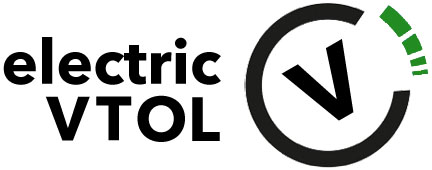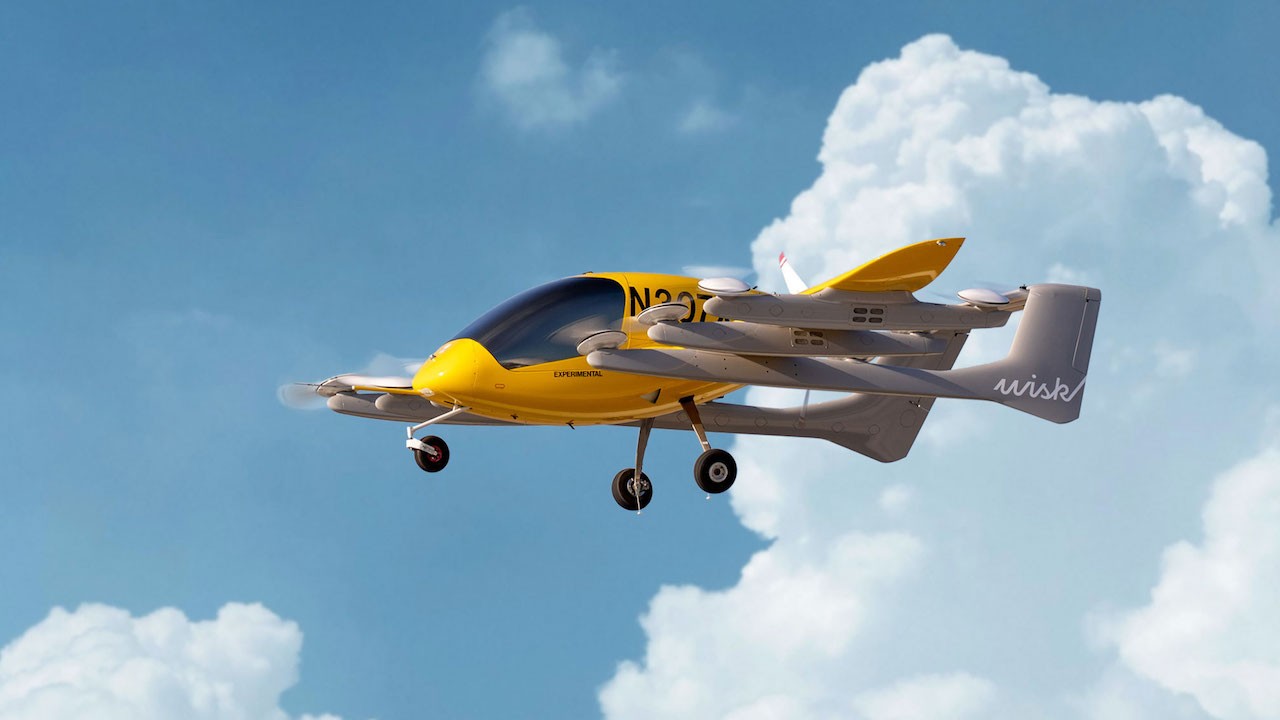With Boeing latest additional investment in Wisk of 450 million USD, we have seen within the last 2 years an increase of investments in the booming eVTOL industry of over 5 billion USD for just the Top15 out of approx. 600 projects, despite COVID, despite political and trade agreement issues around the world, despite many things other industries has and still suffers from. The faith seems strong in eVTOL.
Jumping over the pilot
A few eVTOL projects like Wisk and Chinese eHANG seems to focus on going directly to autonomous eVTOL’s, jumping over the step of first having a pilot onboard like many other eVTOL's developers have chosen.
And it makes sense seen from a business perspective. No pilot onboard equals:
- Saving the pilot salary
- Room for another paying passenger
At Copenhagen Helicopter we also believe the future is for autonomous flights, just like the future is for autonomous driving. But when will that future be ?
Challenges ahead
Flying autonomous can be done today, the military has done it for years, even some civilians does it like Zipline in Rwanda, Africa. For civilian usage especially over congested city areas and congested airspace among many other aircrafts, some technical challenges needs to be solved before that future is here, and those challenges will be solved.
But one thing is flying cargo, cargo can often be replaced should something go wrong, another thing is flying human beings.
Will the customer trust the technology to safely transport that very same person without any pilot onboard ?
Flying with passengers is like nothing else. We are not talking about a failure like if the TV screen goes blank, or the smartphones screen cracks, or if the car gets a flat tire, or even if the future autonomous car computer fails to drive and comes to a complete stop along the highway. If that happens, no one is hurt.
That is why aviation has always been build on redundancy, so if something or some one fails, there is another backup system or person or procedure to take over the task. Why flying is so much safer than any other type of transportation. And it needs to be.
EASA society survey
In the 2021 society survey made for EASA, a major important topic for the public was: Safety concerns. Are they safe to fly in and having them flown overhead with the public on the ground ?
Feeling safe builds to a high degree on trust. If you do not trust something or someone, you do not feel that it or he/she is safe to be around, especially when it comes to being transported, one is essential giving over control of ones very own life to something or someone else.
Fear of Flight
At Copenhagen Helicopter we have through years of operational experience, met many passengers with some level of Fear of Flight.
Approx. 1/3 of the public has more or less a fear of flight and 16% even too afraid to fly at all, even in todays piloted and very safe airliners.
The pilot is THE primary contact with the passenger and contributor in small aircrafts, to make the passenger feel safe onboard.
Higher level, Higher standard of business
For autonomous flights to succeed, everyone needs to up their game - the manufactures, the legislators, the operators - to achieve an even higher level of safety, than the high level of safety aviation offers today, when someday the redundancy in the pilot is taken out of the equation, so enough trust can be formed with the customers to literally hand over the control of their very own life in an aircraft that has no pilot as a backup.
The business model of autonomous flights can never accept a failure in the trust needed between any of the mentioned parties (manufacture, legislator, operator) or the adaption of such a new and novel business case as autonomous flight could be doomed before it even had the chance to lift off.
So the unanswered question remains; Will the public in any nearby future trust an autonomous eVTOL flying overhead, let alone boarding one, before piloted eVTOL’s has been on the market for at least a significant amount of years, gaining operational experience from eVTOL’s, monitoring them onboard during flight, being the safety backup in case of flawed technology or flawed design ?
Autonomous flights in the long-term future
For these reasons and previous operational experiences at Copenhagen Helicopter, we do not see that business model of autonomous eVTOL’s as viable to begin with, not for the first couple of decades, at least not in EU and possible neither in the US.
Time has to pass, generations has to come and go, history of piloted eVTOL has to write their part of the story, write some of the first chapters of the ongoing development and success of eVTOL and AAM, before;
- Remote-piloted eVTOL will be accepted
- When remote-piloted eVTOL has written its chapter(s), fully autonomous flight will be accepted in the wide public.
In that perspective, at Copenhagen Helicopter we see Boeings investment at best as a very long-term commitment to the eVTOL / AAM industry, which if that is the case underline even further the prospects of the developing and booming industry together, that has just started its journey of great prosperity.

